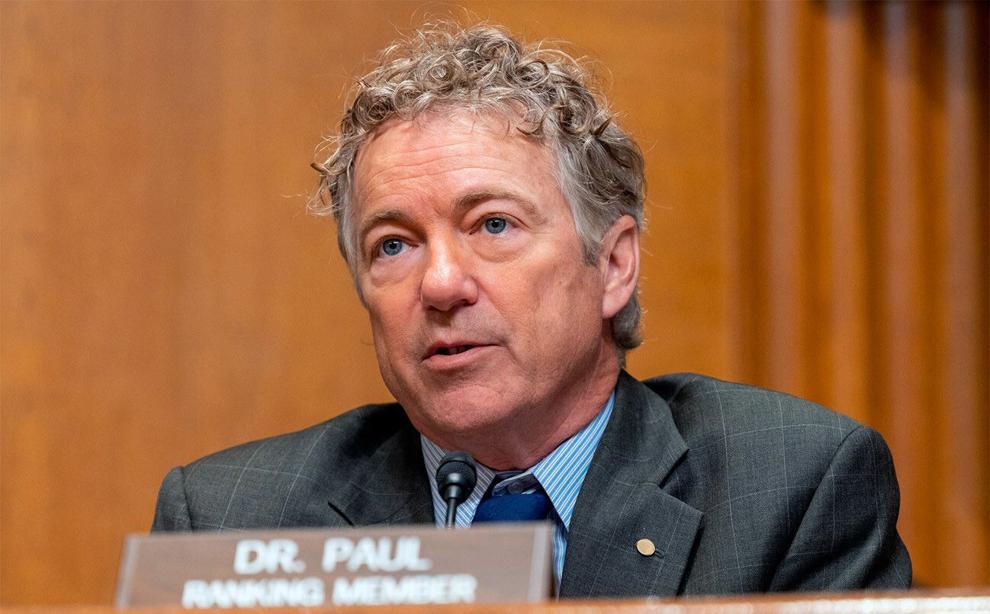Paul introduces Nutritious SNAP Act program
Published 1:27 pm Wednesday, March 26, 2025
U.S Senator Rand Paul on Tuesday introduced the Nutritious SNAP Act of 2025 to restore personal responsibility and state flexibility to the federal food assistance program.
The purpose of the bill is to confront an uncomfortable truth: while the Supplemental Nutrition Assistance Program (SNAP) was created to fight hunger, it is now fueling a new public health crisis—obesity and chronic disease—by subsidizing the purchase of junk food with taxpayer dollars.
“SNAP was designed to fight hunger and improve nutrition, not to subsidize soda and junk food,” said Paul. “It makes no sense that taxpayer dollars are being used to fund an epidemic of obesity and diet-related illness in low-income communities. My bill ensures that this assistance program actually supports health and wellness, not chronic disease.”
SNAP currently provides food-purchasing assistance to more than 42 million individuals. While it successfully addresses food insecurity, studies show that nearly one-quarter of SNAP benefits are spent on junk food—sodas, chips, snack cakes, and desserts—contributing to worse diets and higher obesity rates among SNAP recipients than the general population. Despite these health concerns, previous efforts by states like Minnesota, California, and New York to limit SNAP junk food purchases have been rejected by the USDA.
Paul says the Nutritious SNAP Act represents a common-sense step toward improving public health, protecting taxpayer dollars, and respecting the decisions made by states to combat chronic disease.
Senator Paul’s legislation will:
–Prohibit SNAP funds from being used to purchase sodas, snack foods, and dessert items, including potato chips, snack cakes, and brownie mixes.
–Limits beverage purchases to water, cow’s milk, healthy dairy alternatives, and 100% fruit or vegetable juice.
–Empowers states to restrict additional foods they deem unhealthy, restoring local control and removing federal barriers to innovation in public health policy.
The bill seeks to realign the program with its original mission: to improve the nutrition of low-income households.
You can read Sen. Paul’s two-page bill HERE.







